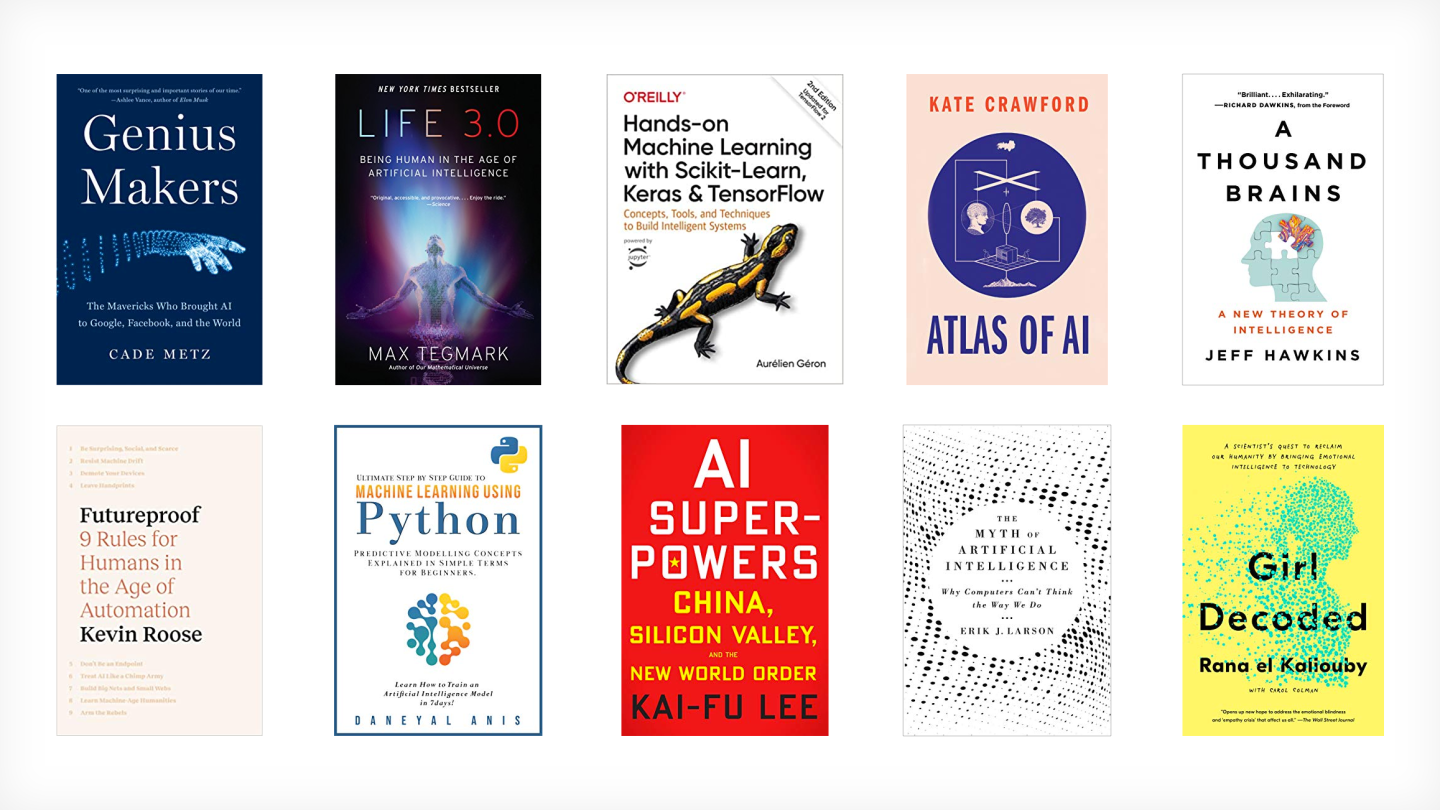In July 1995, Amazon began service as an online bookstore. The first book sold: “Fluid Concepts and Creative Analogies: Computer Models of the Fundamental Mechanisms of Thought” by Douglas Hofstadter and other members of the Fluid Analogies Research Group. The book explored the mechanisms of intelligence through computer modeling.
Highlighting Amazon customers' favorite books from around the globe
Our colleagues identified the titles that flew off Amazon's virtual shelves in the past year, and mapped them out. Explore the maps to learn what books readers loved the most in each U.S. state, and in countries around the world.
Earlier in 1995, on April 23, the United Nations Educational, Scientific and Cultural Organization (UNESCO) created the first World Book Day. That date is significant, according to Wikipedia, because it is the anniversary of the death of William Shakespeare, Miguel de Cervantes, Inca Garcilaso de la Vega, as well as that of the birth and death of several other prominent authors.
This year, UNESCO notes, reading is more important than ever. At a time when most schools around the world remain closed, and people are limiting their time spent outdoors, UNESCO says “the power of books should be leveraged to combat isolation, reinforce ties between people, expand our horizons, while stimulating our minds and creativity.”
It is in this spirit that Amazon Science marks the day by showcasing some of Amazon.com’s top-selling books on artificial intelligence. The list includes some of the passages that are most frequently highlighted by Kindle readers.
- Genius Makers
By Cade Metz
“Whereas neural networks learned tasks on their own by analyzing data, symbolic AI did not. It behaved according to very particular instructions laid down by human engineers — discrete rules that defined everything a machine was supposed to do in each and every situation it might encounter.”
- A Thousand Brains: A New Theory of Intelligence
By Jeff Hawkins
“How does the neocortex, which is composed of thousands of nearly identical cortical columns, learn a predictive model of the world through movement?”
- Life 3.0
By Max Tegmark
“In other words, we can think of life as a self-replicating information-processing system whose information (software) determines both its behavior and the blueprints for its hardware.”
- Atlas of AI: Power, Politics and the Planetary Costs of Artificial Intelligence
“We need a theory of AI that accounts for the states and corporations that drive and dominate it, the extractive mining that leaves an imprint on the planet, the mass capture of data, and the profoundly unequal and increasingly exploitative labor practices that sustain it.”
- Futureproof: 9 Rules for Humans in the Age of Automation
By Kevin Roose
“When it comes to avoiding machine replacement, what we do is much less important than how we do it.”
- The Myth of Artificial Intelligence: Why Computers Can't Think the Way We Do
“And here we have it: Turing’s great genius, and his great error, was in thinking that human intelligence reduces to problem-solving.”
- Girl Decoded
“The vast majority of human-to-human communication is transmitted through our nonverbal signals, facial expressions, and fluctuations in voice, gesture, and body language. All of this is lost when we communicate online.”
- AI Superpowers: China, Silicon Valley, and the New World Order
By Kai-fu Lee
“Harnessing the power of AI today — the ‘electricity’ of the twenty-first century — requires four analogous inputs: abundant data, hungry entrepreneurs, AI scientists, and an AI-friendly policy environment.”
- Machine Learning Using Python
By Daneyal Anis
“Tuples are ordered sequences of data represented as data contained within parenthesis separated by commas.”
- Hands-on Machine Learning with Scikit-Learn, Keras & TensorFlow
“Constraining a model to make it simpler and reduce the risk of overfitting is called regularization.”

Credit: Glynis Condon
Celebrating World Book Day
To mark the occasion, Amazon Science showcases some of the top-selling artificial-intelligence books, and passages from each book that Kindle customers have highlighted most frequently.
Research areas



























